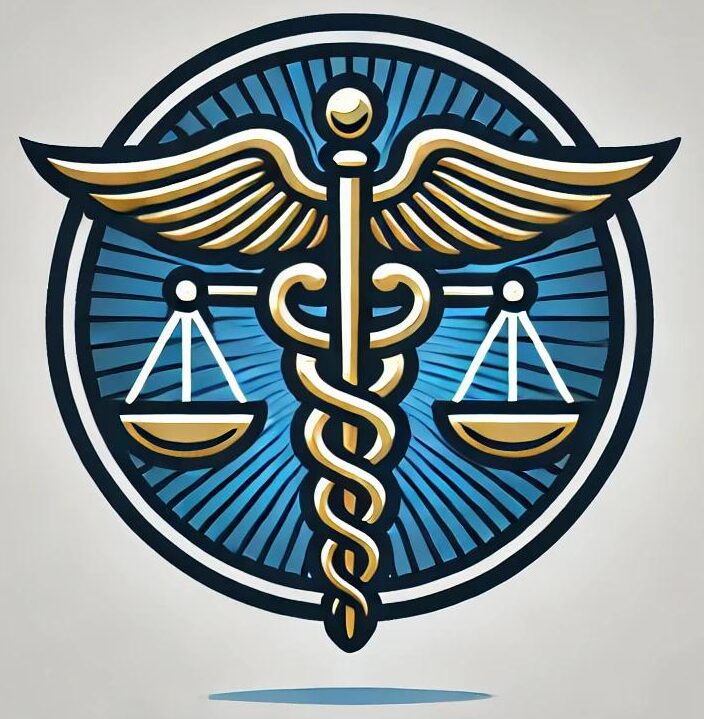Introduction
Medical malpractice cases are complex legal disputes that often involve high stakes for all parties involved, including the plaintiff, defendant, and the healthcare professionals whose reputations and careers may be at risk. Given the technical nature of these cases and the potential for significant damages, attorneys must carefully select mediators who can navigate the intricacies of both the legal and medical aspects. This paper explores the criteria that attorneys should consider when choosing mediators for medical malpractice cases, emphasizing the importance of mediator expertise, impartiality, communication skills, and understanding of medical and legal principles.
The Role of Mediation in Medical Malpractice Cases
Mediation has become an increasingly popular method for resolving medical malpractice disputes. It offers a confidential, less adversarial alternative to litigation, allowing parties to reach a mutually satisfactory agreement without the uncertainties and costs associated with a trial. Mediation can also preserve professional relationships and facilitate more creative solutions that a court might not be able to provide (Moffitt & Bordone, 2012).
Advantages of Mediation
The advantages of mediation in medical malpractice cases are manifold. Mediation is generally faster and less expensive than litigation. It provides a forum for open communication, which can help to clarify misunderstandings and foster a better understanding of the underlying issues. Moreover, mediation allows the parties to retain control over the outcome, rather than leaving the decision in the hands of a judge or jury (Menkel-Meadow, 2015).
Challenges in Mediation of Medical Malpractice Cases
Despite its advantages, mediation in medical malpractice cases presents unique challenges. The technical nature of the medical issues involved can make it difficult for mediators who lack relevant expertise to fully grasp the nuances of the case. Additionally, emotions often run high in these disputes, particularly for plaintiffs who may have suffered significant harm. The mediator must be capable of managing these emotions while facilitating constructive dialogue (Galanter, 2013).
Criteria for Selecting Mediators
Given the complexities of medical malpractice cases, attorneys must be meticulous in selecting mediators. The following criteria should guide their choice:
Expertise in Medical and Legal Issues
One of the most critical factors in choosing a mediator for a medical malpractice case is their expertise in both medical and legal issues. Mediators with a background in healthcare law or medical practice are better equipped to understand the technical details of the case, which can significantly impact the mediation process (Smith, 2017). A mediator who understands the medical terminology, standards of care, and the legal principles governing medical malpractice can more effectively guide the parties toward a resolution.
Impartiality and Fairness
Impartiality is a cornerstone of effective mediation. Attorneys should seek mediators who are perceived as neutral and fair by all parties involved. The mediator’s ability to remain unbiased is essential in maintaining the trust of both the plaintiff and the defendant, which is crucial for the success of the mediation process (Bush & Folger, 2005). Attorneys should avoid selecting mediators who have any potential conflicts of interest or who have previously represented parties in similar cases.
Strong Communication and Interpersonal Skills
Effective communication is vital in mediation, particularly in medical malpractice cases where emotions can be intense, and the issues complex. A mediator must have strong interpersonal skills to facilitate discussions, manage conflicts, and help parties articulate their interests and concerns clearly. This involves not only speaking and listening skills but also the ability to read non-verbal cues and manage the emotional dynamics of the mediation (Moore, 2014).
Experience in Medical Malpractice Mediation
While general mediation experience is valuable, specific experience in mediating medical malpractice cases is even more critical. Attorneys should seek mediators who have a proven track record in this area, as they are more likely to be familiar with the typical issues that arise and the strategies that are most effective in resolving them (Love & Stulberg, 2018). Experienced mediators are also more likely to command the respect of the parties, which can facilitate a more productive mediation process.
Understanding of Ethical Considerations
Medical malpractice cases often involve sensitive ethical issues, such as patient confidentiality and the professional duties of healthcare providers. The mediator must be attuned to these ethical considerations and be able to navigate them delicately to ensure that the mediation process is conducted with the utmost integrity (Menkel-Meadow, 2004). Attorneys should select mediators who demonstrate a strong ethical framework and an understanding of the ethical complexities involved in medical malpractice disputes.
Conclusion
The selection of a mediator is a critical decision that can significantly influence the outcome of a medical malpractice case. Attorneys must carefully consider a mediator’s expertise in medical and legal issues, impartiality, communication skills, experience, and understanding of ethical considerations. By choosing a mediator who meets these criteria, attorneys can increase the likelihood of a successful mediation outcome that satisfies the interests of all parties involved. As mediation continues to grow as a preferred method for resolving medical malpractice disputes, the role of the mediator will become increasingly pivotal in achieving fair and just resolutions.
References
Bush, R. A. B., & Folger, J. P. (2005). The promise of mediation: The transformative approach to conflict. John Wiley & Sons.
Galanter, M. (2013). Why the “haves” come out ahead: Speculations on the limits of legal change. Law & Society Review, 9(1), 95-160.
Love, L. P., & Stulberg, J. B. (2018). The middle voice: Mediating conflict successfully. Carolina Academic Press.
Menkel-Meadow, C. (2004). Ethics in alternative dispute resolution: New issues, no answers from the adversary conception of lawyers’ responsibilities. South Texas Law Review, 38, 407.
Menkel-Meadow, C. (2015). Mediation: Theory, practice, and policy. Ashgate Publishing.
Moffitt, M. L., & Bordone, R. C. (2012). The handbook of dispute resolution. Jossey-Bass.
Moore, C. W. (2014). The mediation process: Practical strategies for resolving conflict. John Wiley & Sons.
Smith, R. J. (2017). Mediation and medical malpractice: Problems and solutions. Cambridge University Press.
